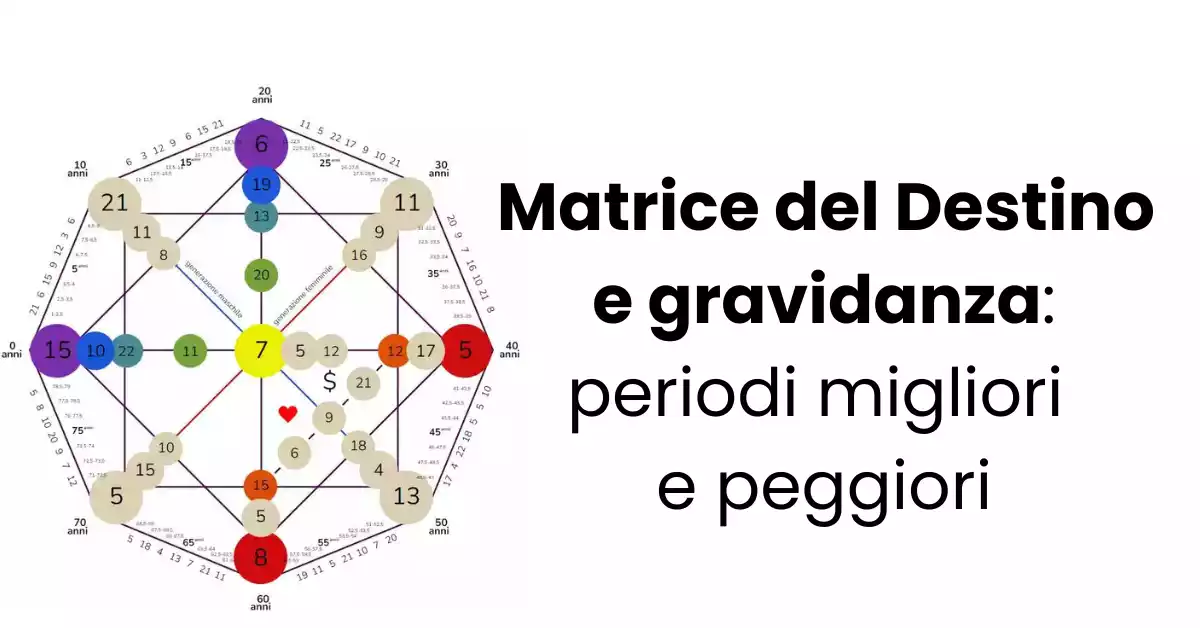What you will find ABOUT MESSINA EDUCATION.
Here's what you can find
IMES Is portal no. 1 in Italy for the Spirituality and the Personal Development.
Guides, calculators, books, informative articles: you will find everything.
Digital Books and Interpretations
Discover our books and see if they resonate with the your soul. Written with care, with passion.
Read one of our interpretations!
Newsletter
Sign up for our newsletter, where we will post weekly Unique information, important updates, discount codes and free resources!
OUR RESULTS
+ 14.000 Iscritti
500.000+ Lettori Mensili
4.8+ Stars
2000+ Acquirenti Soddisfatti
OUR PRODUCTS
I NOSTRI SERVIZI
What they say about our products
S-T-U-P-E-F-A-C-E-N-T-E! After finishing reading the book, I can recommend it to everyone who wants to learn about the Matrix of Destiny, even those like me who are new to this world. The whole matrix is explained in unique detail, with examples and explanations. Highly recommended!
I have heard of the matrix of destiny maybe a couple of times in my life so intrigued I read the site several times trying to understand something about my life, needless to say I ended up buying the book and after literally devouring it in 10 hours or so I am shocked at the thousands of things I understood. The book is structured well starting with the use of the matrix, talking about the 22 arcana, the history, origin and understanding of chakra and ending on how to read the matrix of destiny. Never been so happy to spend my money! I look forward to finding the next release, highly recommended not only to those who want to get clarity on their doubts but also like me to those who are interested in the subject and want to go deeper!
I was undecided whether to buy this book, but on the advice of a friend who spent most of her time associating numbers and arcana with every aspect of her life (I still couldn't believe it) I decided to buy it.
I thought the Matrix was: meaningless random numbers or fortune-telling stuff with arcana, but instead behind every arcane and every number there is a hidden meaning that arcana helps us understand, in fact each of us has our own arcane with its own merits and flaws and it is all matched to our soul, our birth date, our karma etc.
A new world opened up for me where I was really doubtful at first. Thank you so much!!!
Highly recommended
..and many more! Open the various product pages to read all the reviews!






















